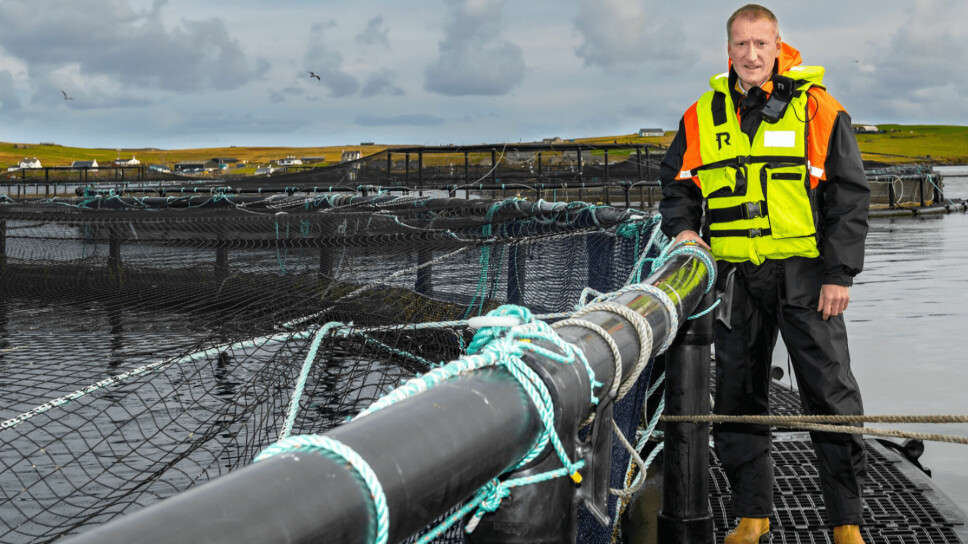
Looking back, thinking ahead: Tavish Scott
Fish Farming Expert has asked individuals connected to the salmon farming industry about their year, and what they hope for in 2023. We start the series with Tavish Scott, chief executive of trade body Salmon Scotland, which represents all of Scotland’s salmon farmers and many others connected to the sector.
What have been the highlights for you professionally in 2022?
The end of the Covid pandemic meant people could meet again. That matters in a people industry. So, my highlights from 2022 are all around people. The Scottish and worldwide industry together in Aviemore (for Aquaculture UK) was a meeting of the clans. A visit to Froya and Hitra in west coast Norway was technically illuminating and all the better because of the Norwegian hospitality. Salmon Scotland’s school outreach programme was the same – giving the next generation good reasons to think about a career in sustainable fish husbandry. And finally, the Label Rouge 30th anniversary celebration of the Scottish sector’s enduring relationship with the consumers of France. This culminated in a reception held in the British Embassy in Paris where a French/Japanese sushi chef took the best of Scottish salmon and in front of an invited audience, produced wonderful canapés for the most discerning of customers.
We need government and regulators to understand the reality of the industry in 2023, not their perception of what the salmon sector was like years ago.
Tavish Scott
What are the most significant challenges and opportunities for your organisation in the coming year?
Salmon Scotland now represents more than 40 Scottish-based businesses. We want to serve our businesses and the wider sector in a highly professional manner that champions Scottish salmon and our people both within Scotland and across the globe. That means using the talents of the entire sector – a Team Salmon approach – to make the case for our sector to consumers, government and all the other organisations who we work with.
We need government and regulators to understand the reality of the industry in 2023, not their perception of what the salmon sector was like years ago. So, our biggest challenge and opportunity is to encourage policy makers and opinion formers of all kinds to visit sea farms, ask any question and learn what a truly sustainable and nutritious protein we produce for the domestic and international marketplace. And be proud of that!
What do you see as the most significant challenges for the salmonid farming industry in Scotland and globally in 2023?
We need an improved trading relationship between the UK and Europe. That would ease the continuing bureaucratic challenges of export caused by the UK’s departure from the EU. The Brexit vote is in the past, but trade is about the future. So, we need the UK Government to put their shoulder to the wheel and put trade and relationships first. We also need an enlightened immigration and key skills approach that recognises the shortages of staff the sector faces. There is an opportunity for government to put the rhetoric in the past and help the No.1 food export sector for the whole of the UK to grow and to do that sustainably.
Here in Scotland, we want to see real progress on implementing the Professor Russel Griggs’ proposals for regulatory reform. Not less regulation but better regulation. That needs culture change amongst Scotland’s regulators and some real government leadership. We would also welcome an approach from policy makers and regulators based on evidence, science, and facts, not perception and susceptibility to campaign groups who are funded to attack the sector.
The blue economy has to be the future with an ever-growing worldwide population. Salmon from Scotland is key to that. That is both the prize and the opportunity.























































